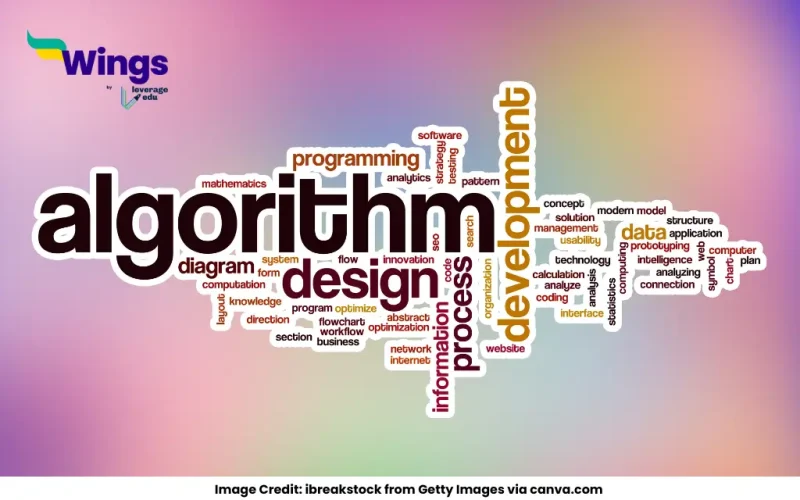Answer: An algorithm is a step-by-step method to solve a problem. It is a set of instructions, just like a recipe, that tells you exactly what to do, in what order, and how to get the final result.
Algorithms are used everywhere, from solving maths problems to building software, and even in daily tasks like cooking or playing a game. Let’s look at the advantages and disadvantages of using algorithms:
Advantages of an Algorithm:
- Simple and Easy to understand: Algorithms are written in a very clear, logical manner. Even if someone is new to programming or maths, they can understand the logic by reading the steps.
- Easy to Debug and Check: Since each step is clearly defined, it becomes easier to find and fix errors (called “bugs”). You can check if each step is working properly.
- Improves Problem-Solving Skills: Writing algorithms helps you think logically. It trains your brain to break a complex problem into smaller steps, which is a valuable skill.
- Independent of Programming Language: Algorithms are written in plain English or pseudocode. So, you don’t need to know any coding language. You can later convert the algorithm into any language, like Python, Java, etc.
- Helps in Planning: Before writing a program, an algorithm helps you plan the logic first. This saves time and reduces mistakes during actual coding.
Disadvantages of an Algorithm:
- Takes Time to Write: Sometimes writing an algorithm can be time-consuming, especially for simple problems where direct coding could be faster.
- Not Suitable for Complex Problems: For very complex problems, the algorithm can become too long and confusing. It might be difficult to handle or understand.
- No Visualisation: Unlike flowcharts, algorithms don’t show a visual diagram. This can be a disadvantage for students who learn better through pictures and graphics.
- Can Be Misinterpreted: If the steps are not written clearly, others might misunderstand them and make mistakes in the program.
- No Real Execution: An algorithm is only a plan. It doesn’t actually solve the problem or give output until it is turned into a working program.
Algorithms are a great way to plan and organise your problem-solving method. While they have a few drawbacks, the advantages clearly show why they are so useful in maths, computer science, and real-life situations.
Common Doubts of Maths:


 One app for all your study abroad needs
One app for all your study abroad needs











 60,000+ students trusted us with their dreams. Take the first step today!
60,000+ students trusted us with their dreams. Take the first step today!